- Best Grass Seed for Clay Soil - April 3, 2022
- Seashore Paspalum Guide – Warm-Season Grass - January 30, 2022
- Best Grass Seed for South Carolina - January 20, 2022
Homeownership is increasing fast in South Carolina, with the state now having the 11th highest rate of homeownership in the U.S. In other words, a huge number of people are buying property in South Carolina. When it comes to buying a home, one of the most important investments you can ever make is buying grass seed for your lawn.
Buying good grass seed is vital for maintaining your lawn’s health and adding value to your home. Without quality grass seed, you’ll soon be left with bare spots or dead patches where grass seed or sod ought to be.
In this post, we’re going to delve into everything that all homeowners in South Carolina should know before buying grass seed for their lawn so you can reap maximum benefits from your investment.
Our Bottom Line Upfront: The best grass seeds to sow in South Carolina are for the warm season and cold season. Warm-season grass seeds include Bermuda, St. Augustine, Buffalo, Zoysia, and Centipede. On the other hand, cold-season grass seeds include Tall Fescue, Ryegrass, and Kentucky Bluegrass.
South Carolina’s Soil Conditions
South Carolina’s varied topography and subtropical climate provide many different soil conditions for all sorts of plants, from hillsides where clover thrives to deep sand along the coast.
There are various common grasses that will flourish in South Carolina, based on your needs. While you can grow certain grasses all over South Carolina, others have certain geographic preferences.
There are a few well-drained soils in South Carolina. Along ridges and sandy slopes, you’re most likely to find sandy or slightly coarse clay-like sub soils. The pH level of the soil tends to be acidic at just below 6 units.
Soil types suitable for the southern United States, like clay-based soils or sand, are common across most of South Carolina. On the other hand, areas in northern United States like Ohio Valley or New England have muck-type terrain, where farmers often apply fertilizers on their already rich soils.
When is the Right Time to Plant Grass in South Carolina?
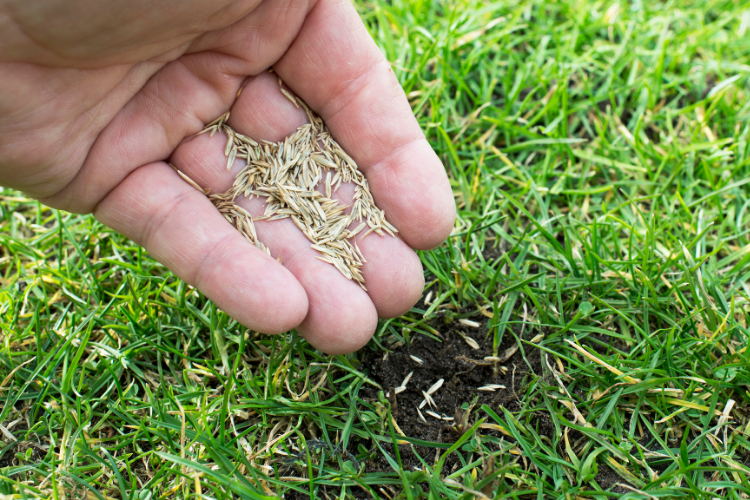
There are both cold and warm seasons in South Carolina, but the best time to plant lawn grass seed is fall. The reduced sunlight and warm temperatures let seeds germinate and establish themselves well before the summer heat. While native grasses will grow throughout the year, most species can only tolerate specific seasons well.
Homeowners who love keeping their yard green should consider planting ryegrass during the fall. This grass grows more durable and resilient than many warm-season species, so you’ll enjoy its splendor throughout the year.
Clemson University Extension conducted numerous studies which revealed that when you overseed with the annual or perennial type of ryegrass during autumn a month before frost (based on the weather), it’ll provide benefits like improving resilience against pests such as cutworm moth caterpillars. In addition, it improves the efficiency of water use since it can better cope with drought periods.
What Grass Seed Should You Sow in South Carolina?
There are two main types of grasses grown in South Carolina: warm-season grasses and cool-season grasses.
Warm-season grasses like Bermuda grass, Centipede grass, Zoysia grass, Buffalo grass, and St. Augustine grass grow well in wet, shady areas of South Carolina. Cool-season grasses like Tall Fescue do well in areas that require year-round green turf.
Ryegrass is normally used for overseeding warm-season grasses in the state.
Warm-Season Grasses
Bermuda Grass
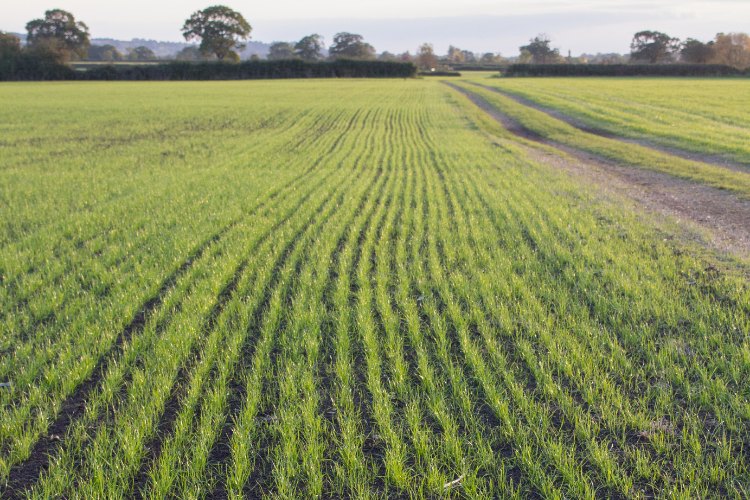
This is the most frequently grown grass throughout South Carolina. It’s also the type most adapted to the state. Many improved and new seeded species have been created and introduced over the past decade.
Homeowners can now choose from varieties that are finer textured and denser than the virtually extinct common Bermuda grass seed. Bermuda grass spreads rapidly by rhizomes (below-ground runners) and stolons (above-ground runners) and may become bothersome when it attacks flower gardens and beds.
In addition, cold-tolerant vegetative and seeded species are available that tolerate lower winter temperatures.
St. Augustine Grass
St. Augustine grass is originally from Florida and can cope with many different soil conditions, which makes it one of the most adaptable grass seed species. The grass thrives in the state if you use lime or special fertilizer to keep its pH under control and prevent it from developing too fast.
Zoysia Grass
Zoysia grass grows well all year-round and gets pale blue during the winter and dark green during the summer. It grows very slowly. While Zoysia is suited to the warm season, it tolerates the cold season exceptionally well. Also keep in mind that it’s very important to mow Zoysia grass carefully since it recovers very slowly.
Buffalo Grass
Although a warm-season grass, Buffalo grass is originally from the semiarid Great Plains and fares poorly in humid conditions. The grass needs plenty of sunshine and is very simple to take care of with regular mowing.
Centipede Grass
Pale to medium green in color and medium in texture, Centipede grass grows slowly but it’s a very aggressive species that you can depend on to produce a quality, dense, fairly weed-free lawn requiring low levels of maintenance.
Its aggressiveness notwithstanding, Centipede grass is easy to control and typically requires edging just once every year around flower beds and walkways. Although the grass produces a good lawn with minimal management and at low fertility, it responds favorably to proper care.
Cool-Season Grasses
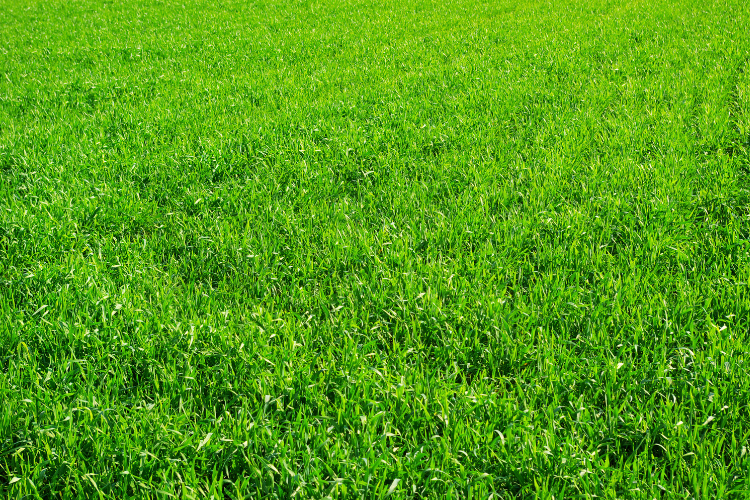
Tall Fescue Grass
In the Foothills all over South Carolina, you’re most likely to see Tall Fescue grass, whose newer pasture species is darker and finer than the common Kentucky 31 Fescue. Over time and during dry periods, Fescue yards and lawns tend to thin down and look sparse, so be sure to reseed each fall or autumn.
Fine Fescue
Sowing Fine Fescue can get tricky for homeowners who live in areas where summer temperatures hit more than 90 degrees Fahrenheit. This grass seed kindly accepts cold and shade but doesn’t do well in too hot or too wet conditions.
Kentucky Bluegrass
This cold-season grass is an attractive and resilient species that’s grown in many parks, athletic fields, institutional grounds, and home lawns. When well-fertilized, Kentucky bluegrass has a fine to medium leaf texture as well as a dark to medium color.
Kentucky Bluegrass produces far-reaching underground stems, known as rhizomes, which provide excellent sod-forming traits and superior recovery potential, unlike most other cold-season grasses.
The species is wear-tolerant, cold-tolerant, moderately drought, and heat-tolerant. It grows optimally during the fall and spring and gets semi-dormant under extended periods of drought and heat. It typically snaps out of dormancy with the arrival of cooler weather and sufficient soil moisture.
Ryegrass
Annual and perennial ryegrass can be cultivated in any area of South Carolina, but they flourish during the fall. Ryegrass tolerates a variety of pH amounts and thrives under cold temperatures.
Perennial ryegrass grows faster, while annual ryegrass best suits South Carolina homeowners who want to play sports in their lawn. It can withstand serious wear and tear far better than other types of grass seed.
Tips for Cultivating the Best Grass Seed in South Carolina
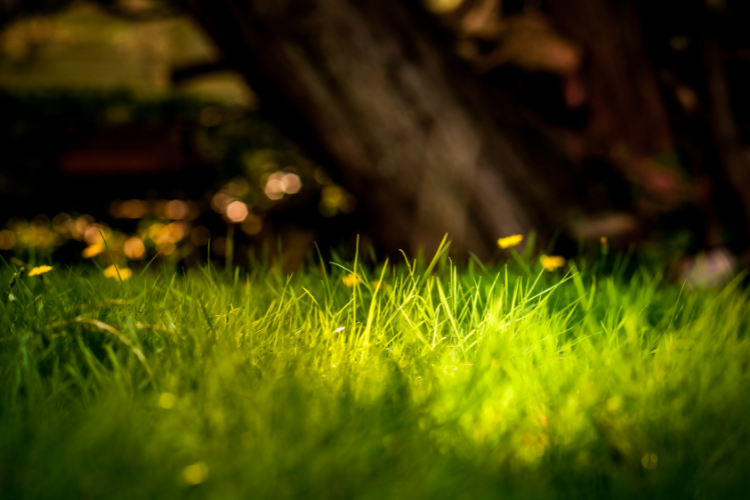
Here are three useful tips for sowing the best grass seed in South Carolina.
Planting
There are two major seasons in South Carolina: summer and winter. During the summer, temperatures reach well over 90 degrees Fahrenheit, while in the winter, temperatures drop under 50 degrees Fahrenheit.
The spring also has a rainy season, but it really doesn’t affect lawns much. Certain grass seeds flourish in either season. You have to sow seeds that can tolerate the summer heat and still remain green, and also those that can withstand the winter cold and still remain green.
If you live in South Carolina, you may want to start sowing grass seeds in late May to early June to have a headstart in your planting season. As a general rule, you should sow new seeds every three or four weeks until September to allow them to grow before winter arrives.
This will help stop the growth of fungus during the winter when there’s less sunshine and evaporation of soil moisture. If you live where winter is less harsh (such as Charleston), you might only need to sow 1-2 times throughout the fall. Just ensure you have adequate time before winter arrives to be done with all the planting!
Fertilizing
It’s sweltering hot in South Carolina! Grasses thrive best at 60 to 70 degrees Fahrenheit weather. But even if it’s very sunny outdoors, the ground temperature doesn’t begin rising until mid to late April (depending on your location).
As a general rule, you should fertilize your lawn beginning from around the middle of May until the end of August or start of September, of course, depending on how quick your grass naturally grows (also, everyone will have a different experience). Monitor the growth rate of your grass so you don’t over-fertilize it!
Irrigation
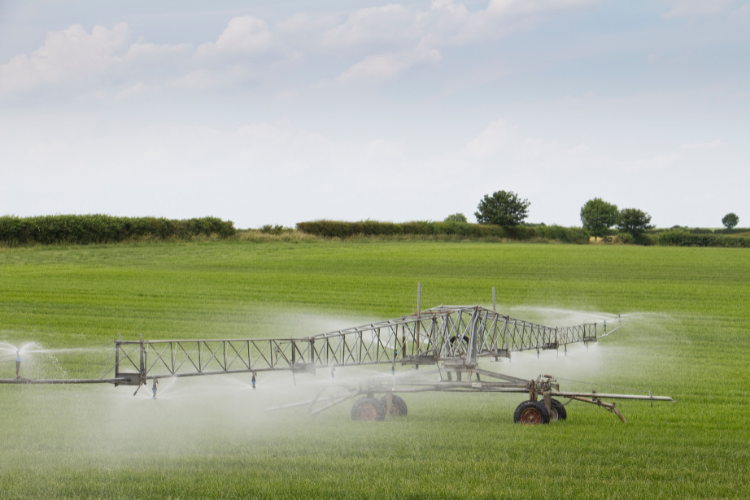
To grow a yard or lawn that can tolerate the summer heat without going brown or dying off altogether, you need to irrigate it regularly during the warm season with a system that’s set to water your lawn in the early morning or late evening when there’s less evaporation of soil moisture and when it’s a little bit cooler. Also, this will help prevent the growth of fungus in your lawn.
FAQs about Best Grass Seed for South Carolina
Answer: The best grass seeds to sow in South Carolina include:
• Tall fescue grass
• Ryegrass
• Bermuda grass
• Centipede grass
• St. Augustine grass
Answer: The easiest type of grass to cultivate in South Carolina is Bermuda. As this grass grows very fast, it’s considered the perfect grass seed for warm climates in South Carolina. It’s tolerant to salinity and drought. It can also be grown in any sunny area with minimal effort, but it isn’t very cold-resistant.
Answer: The best time to sow grass in South Carolina is during the fall, around 30 days before frost arrives. This guarantees a green lawn in the winter as the warm-season grass changes its color to brown.
Answer: Centipede is the most common type of grass in South Carolina. It’s an amazing option for homeowners who want thick, healthy-looking yards that don’t require much fertilizing and mowing. While it grows slowly, it can withstand partial shade or the full sun.
Answer: While both Bermuda and Zoysia grasses are proven to withstand traffic, Bermuda is especially sturdier and can handle heavier traffic, including kids playing on the turf on a regular basis. Both types of grass do suffer from disease and pests, but Zoysia resists these problems better.
Final Word on Best Grass Seed for South Carolina
South Carolina isn’t an easy place to maintain a lawn, but you can definitely do it. Understanding which types of grasses are ideal for your area will give you the headstart you need to grow a healthy, flourishing lawn that brings beauty and joy to your life—regardless of how severe your climate is.
Since there are so many grass seed options to select from, it could be tricky to choose one that will best suit your home. To make the process easier, search for grass seeds depending on your location, your region’s soil conditions, and what kind of grass seed you want (cold-season or warm-season).
And, since weeds can harm your lawn in South Carolina, you have to properly look after it. So, be sure to mow, aerate, and de-thatch your lawn so you can savor its health and beauty for years to come!

